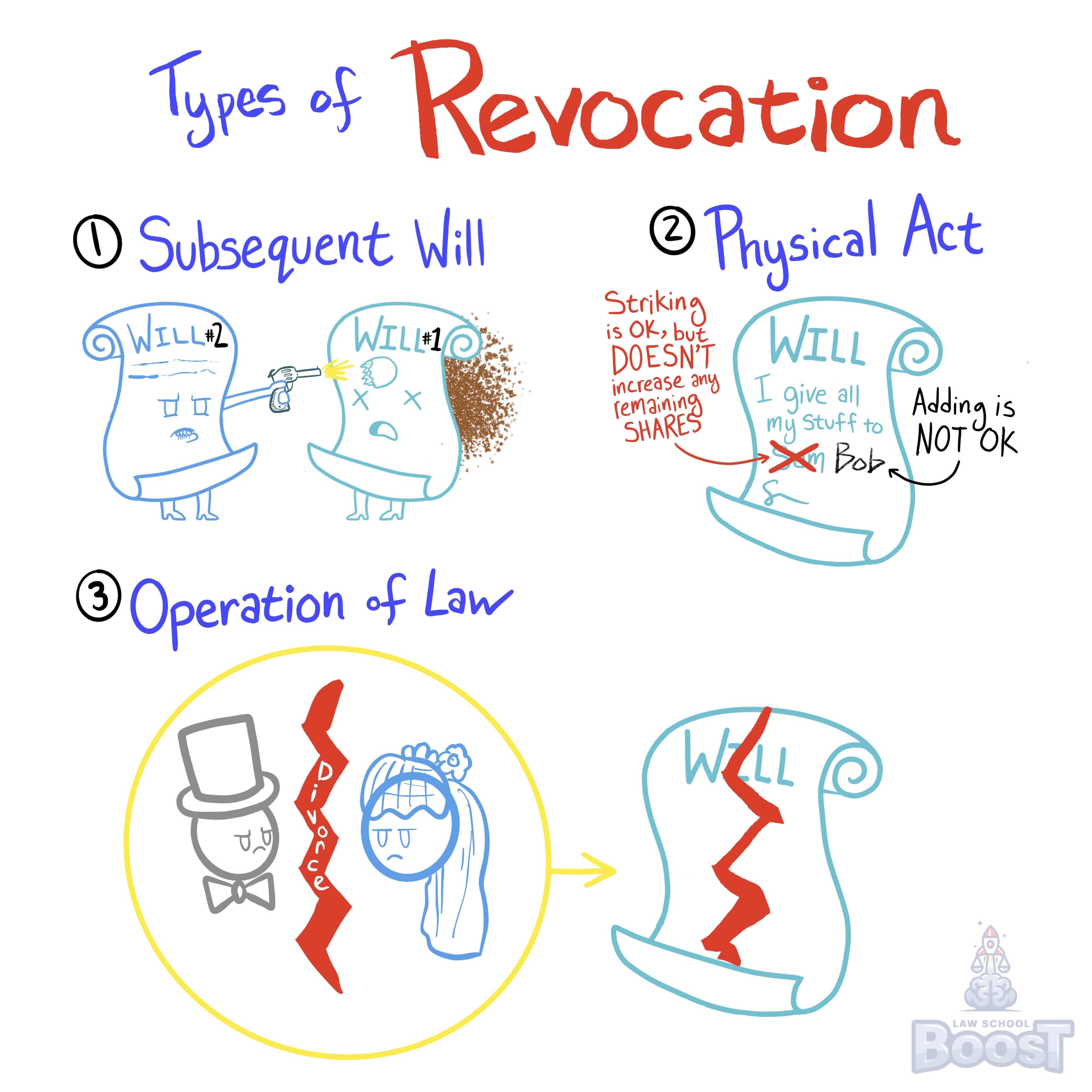😭
Wills • Revocation
WILLS#025
Legal Definition
Striking out a bequest is an effective revocation by cancellation, but adding a new bequest is not effective because it must comply with the execution formalities.
Plain English Explanation
Imagine you've written a list of birthday presents for your friends. If you change your mind and scratch a name off the list, that's like saying, "No gift for them." Simple, right? But if you suddenly decide to add another friend's name at the bottom of the list, just scribbling it down isn't enough. Why? Because it's important that your list is more than a casual thought. The same goes for wills. Crossing out a gift in a will is like saying, "I've changed my mind, no gift for them." But adding a new gift? That needs to be as official as when you first wrote the will. Why? Because wills are serious business. They're promises about the future, and we want to make sure those promises are really what you want, not just a spur-of-the-moment decision.
Hypothetical
Hypo 1: Bob writes a will leaving his vintage car to Sam. Later, he changes his mind and crosses out Sam’s name, writing his cousin's name instead. Result: Bob effectively removed the bequest to Sam by crossing it out, but the new addition for his cousin is not valid because it didn't follow the formal process required for making a will.
Hypo 2: Amy finds out that Bob, before passing away, had scribbled her name next to a bequest of a painting in his will. The original will didn't include her. Result: The addition of Amy's name to the bequest isn't valid because it wasn't properly formalized like the original will. She cannot claim the painting.
Hypo 3: Bob’s will includes a bequest for his nephew, but he tells Sam in person that he's decided to leave that item to her instead. Result: This rule does not apply here because the change was made verbally, not written in the will itself. The original bequest in the will stands, and Sam cannot claim the item based on a verbal promise.
Hypo 2: Amy finds out that Bob, before passing away, had scribbled her name next to a bequest of a painting in his will. The original will didn't include her. Result: The addition of Amy's name to the bequest isn't valid because it wasn't properly formalized like the original will. She cannot claim the painting.
Hypo 3: Bob’s will includes a bequest for his nephew, but he tells Sam in person that he's decided to leave that item to her instead. Result: This rule does not apply here because the change was made verbally, not written in the will itself. The original bequest in the will stands, and Sam cannot claim the item based on a verbal promise.
Visual Aids



